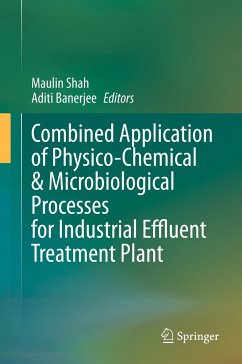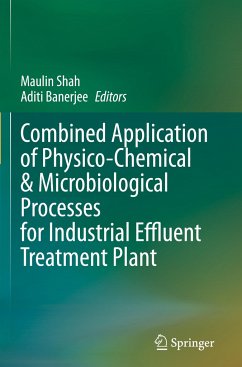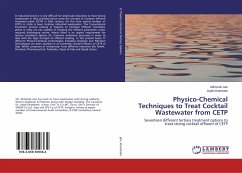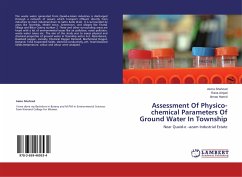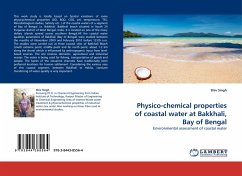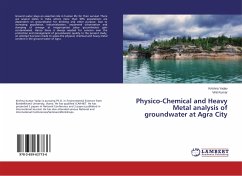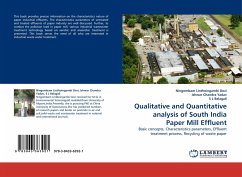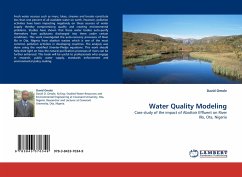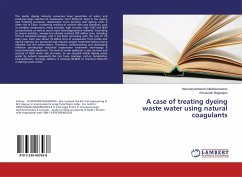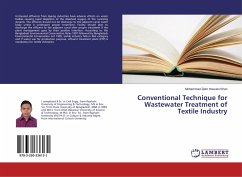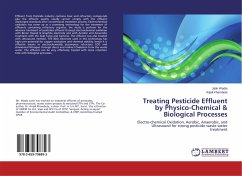
Treating Pesticide Effluent by Physico-Chemical & Biological Processes
Electro-chemical Oxidation, Aerobic, Anaerobic, and Ultrasound for strong pesticide waste water treatment
Versandkostenfrei!
Versandfertig in 6-10 Tagen
36,99 €
inkl. MwSt.

PAYBACK Punkte
18 °P sammeln!
Effluent from Pesticide industry contains toxic and refractory compounds plus the effluent quality usually cannot comply with the effluent discharged standards after conventional treatment process. Electrochemical oxidation has come up as a promising technology for the treatment of effluents containing refractory organics. the study is perform for the advance treatment of pesticides effluent through electrochemical oxidation with Boron Doped & Graphite electrode and with Aerobic and Anaerobic treatment with the help fungi and bacteria. The effluent was also treated with ultrasound method. The ...
Effluent from Pesticide industry contains toxic and refractory compounds plus the effluent quality usually cannot comply with the effluent discharged standards after conventional treatment process. Electrochemical oxidation has come up as a promising technology for the treatment of effluents containing refractory organics. the study is perform for the advance treatment of pesticides effluent through electrochemical oxidation with Boron Doped & Graphite electrode and with Aerobic and Anaerobic treatment with the help fungi and bacteria. The effluent was also treated with ultrasound method. The BDD electrode used in this technology has high over potential for oxygen evaluation and chemical stability. hence it is effective means to electrochemically decompose refractory COD and Ammonical Nitrogen through direct and Indirect Oxidation from the waste water. The effluent can be very effectively treated with more retention time with biological processes.



